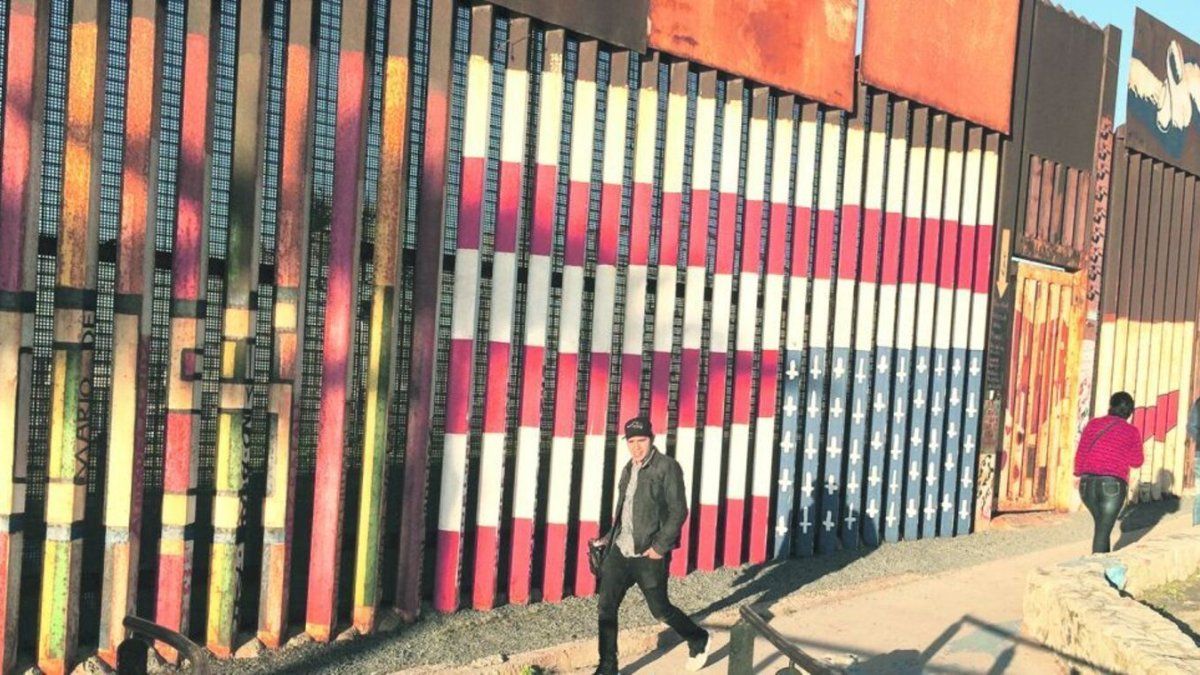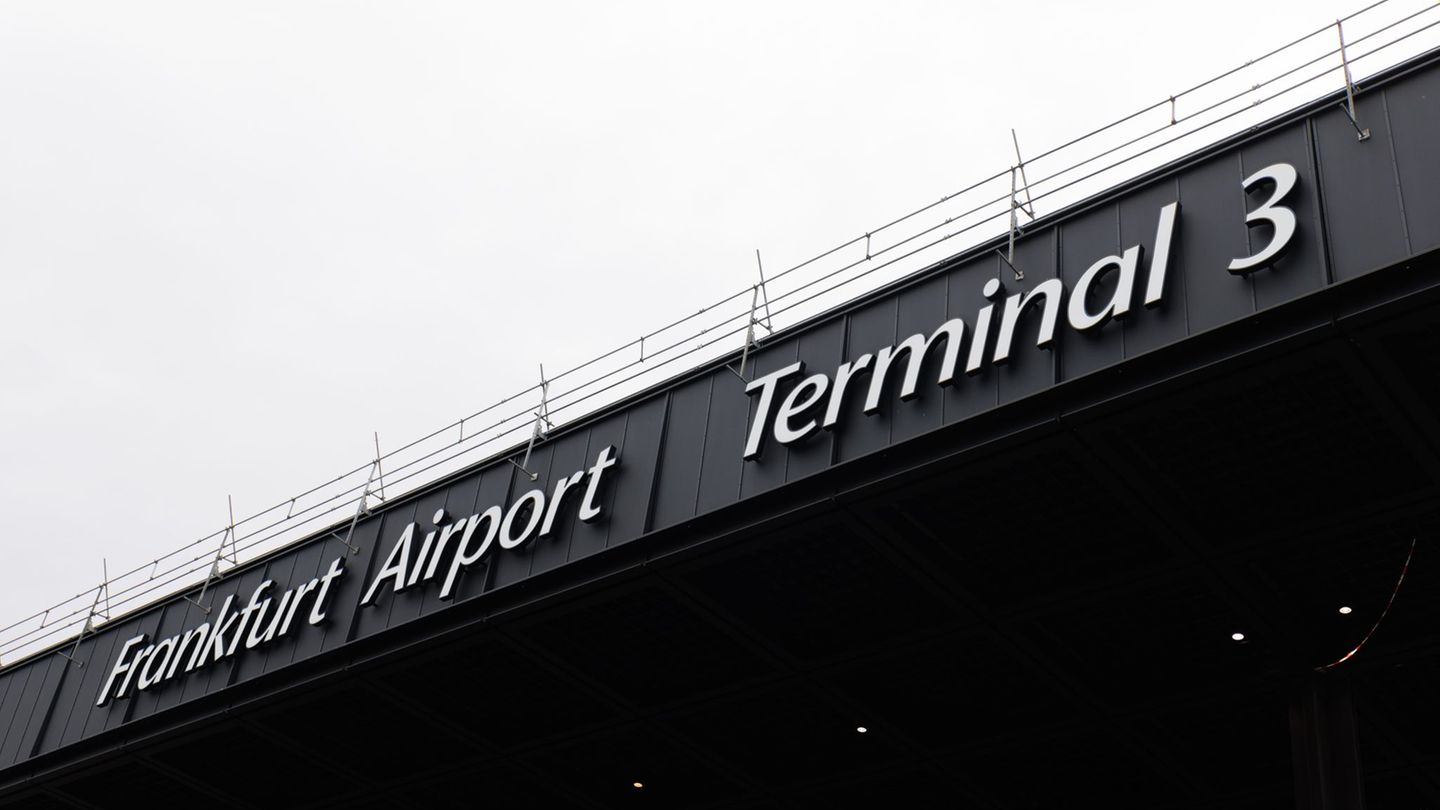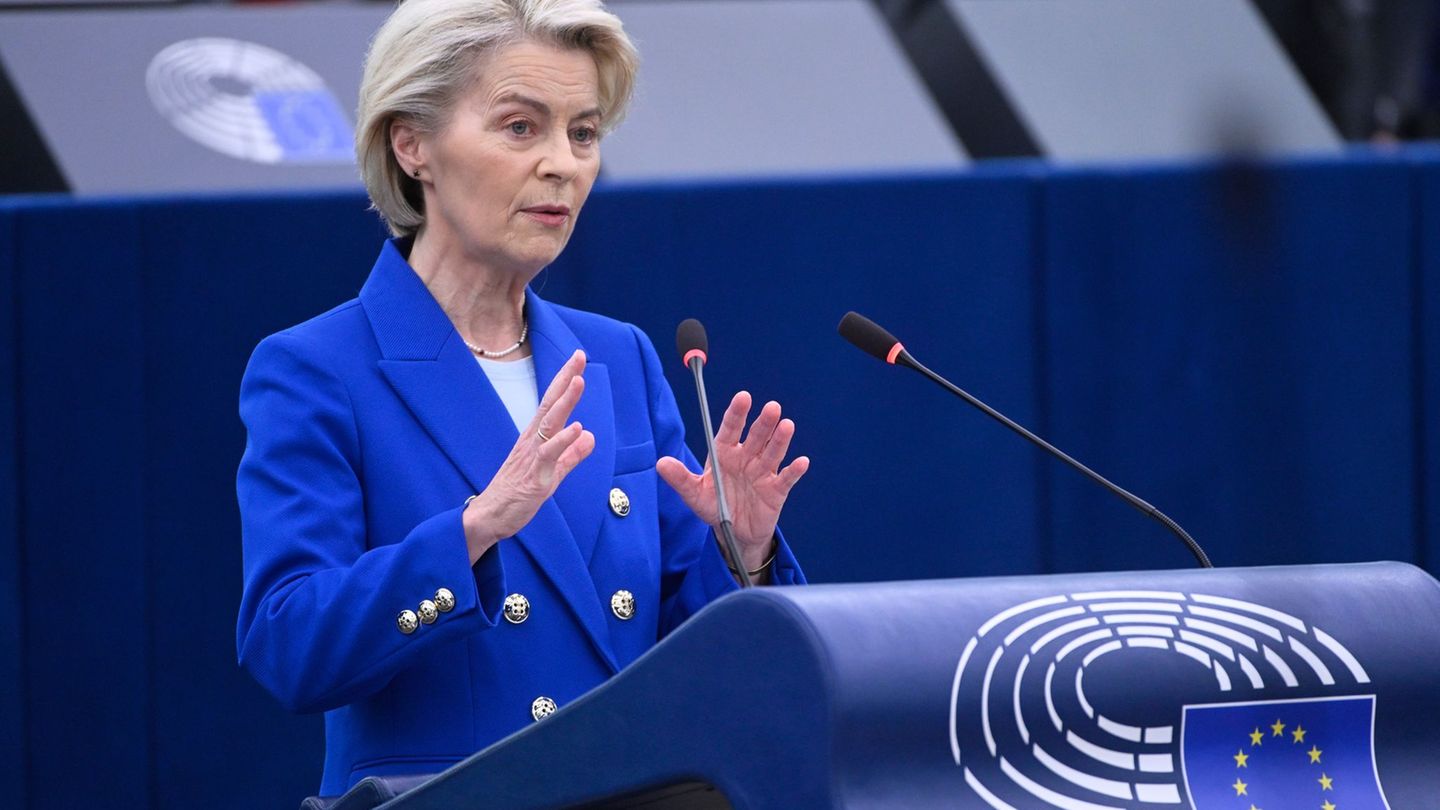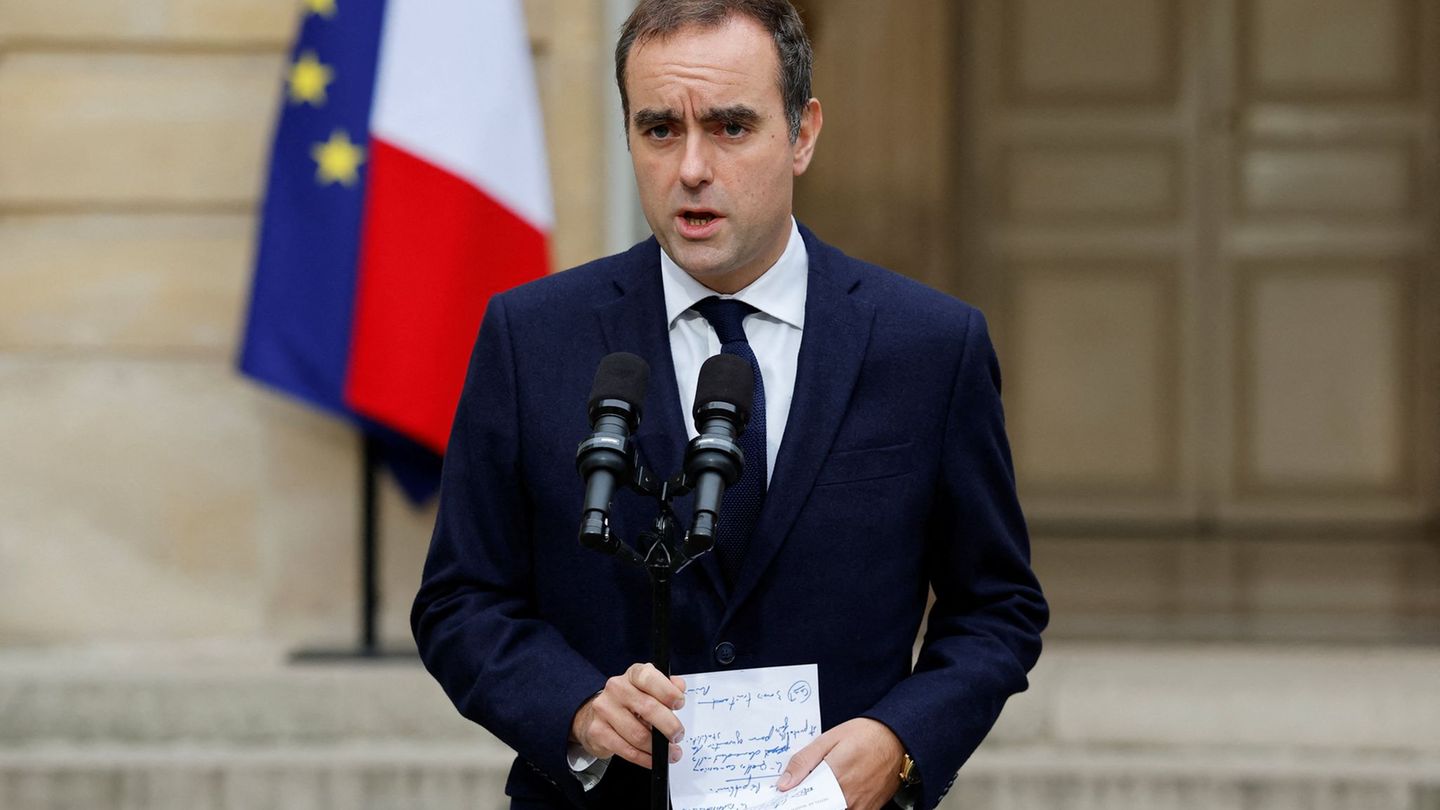Norma Pampeanabut lives in New York for more than 20 years. She is a lawyer for immigration and, in her legal study, Law Potros, carry out the cases of artists or those who apply for extraordinary ability in their work, in addition to family and citizenship requests.
“From my clients, who reside with immigration status – that is, they are not citizens, but the State has approved some kind of permanence permit – they are concerned about the future, In the sense of what will happen when they should renew their visas, or what could happen in the case of traveling outside the country, on the return, ”he said.
To make it clear: in the United States, the procedures for work permits, business, family and others are carried out in dependencies of the United States Citizenship and Immigration Services -Uscis– It depends on the Department of National Security that NOEM directs.
But when one enters the country, by the means of it, it is received by agents who respond to State Department -Dos– Entity completely independent of the above, which gives their border representatives, freedom to decide whether or not to enter each foreigner, No matter what documents present.
In other words, although it sounds lacking logic, In the United States and in the case of migratory issues, what a public agency approved can be unknown to the other. And while this is so from the attack on the Twin Towers, the current government’s decision to harden border processes increases the freedom of two employees to prevent the entry into whoever.
Roballos and Berchi watching tukki.jpg
“Every time someone enters the United States, the officer who touches you decides, at the moment and with a high degree of discretion, if he lets you enter or not, for what and for how long,” he explains Ramiro Roballos, founder of Tukki, A legal startup that carries out migratory processes of 60 clients, leveraged in traceable and automatic systems, and with clear notion of service.
Roballos is Porteño, lives and works in Miami, and confesses that he decided to found his company after bad experiences with immigration lawyers. “Advishing someone who has a life project that depends on your work is not the same as any other branch of law,” he announces – and in immigration there is a lot to improve, especially here in the United States, where lawyers are expensive and maintain a distance with the client as if we were in the 19th century”, He says.
In the same way Virginia Mansilla, Cordobesa, a licensed lawyer to work in New York and Miami points out that “The immigration issue is changing, but not only for migrantsbut it is clear that lawyers cannot continue attending as if society does not advance. ”
From a legal learned, Mansilla proposes first “short, But without chargein which one knows the client, he talks, he has a panorama (…) and then, more reasonable rates, in addition to a necessary closeness, because today, working with Latinos, it is impossible for one not to respond the calls or messages, more in a context like the current one. ”
On the other hand, Both Mansilla and Potros point to US justice and congress as factors to consider. “There are rights affected by the president’s executive orders, for example,” explains Mansilla – to deny citizens to children of immigrants born in this country (…) But there are already federal judges who have blocked the execution of these orders for their potential unconstitutionality. “
Various surveys indicate that, for the majority of the population of Central America and northern South America, in addition to Mexico, emigration to the United States is a Concrete possibility in your life projects.
However, things have changed from the return of Donald Trump to the White House. “We see that now people understand the risk that runs – Analyzes Roballos- while until recently one explained and tended to relativize what we warned them. ”
The growth of the use of computer systems prepared to respond legal consultations -Disciplin called LegalTech– More generative artificial intelligence are changing the panorama in relation to legal services. “People are looking for Google, but also asks Chat GPT, and comes to us more informed. In that sense, we understand that every time It is less important to possess legal informationand, more with the times, it is essential that the client is informed about what we are doing in his case, what is the documentation we use, who of us is working at all times. ”
Seeing the platform, It is possible to understand that the legal process mediated by technology is completely traceable. Each stage has its times and responsible, with tasks explained in an interface control board and direct chat channels with Tukki professionals.
“There is even a key aspect of the legal advice for immigration, which is accompaniment, the human part. Tukki comes from a word in Finnas, which means support, support. When we talk to immigrants while we put together the startup, of what they complained most was the lack of sensitivity of the lawyers regarding what were played in the process,” Robalos explains.
Legal and legal context of executive orders on immigration
Noah Feldman, Harvard Law Professorexplains that “Executive orders are not laws, Because only Congress has the ability to legislate (…) But what the president does with these orders is to set the priority agenda and make clear his will to those who are part of his government. ”
In short, what Trump is signing are decrees, which must be approved by legislators. Hence, as Mansilla points out, until there are no changes in the legislation, it may happen that the immigration courts fail with Trump’s back.
Nevertheless, It is clear that deportations and obstacles to visas are happening.
“The suspension of the use of the CBP1 app –N of R: Mobile application for immigrants who could request an appointment to consulate on the other side of the border, in Mexico, to legally enter the country and regularize its situation- impacts the life of 1 million people who are potentially eligible to work in the United States, ”says Kelly Ortega, immigration lawyer, in a television interview broadcast by WUSA9.
Something similar occurs with the TPS –Temporary Protected Status– of which Venezuelans enjoyed until Trump eliminated the measure. While the TPS was in force, an immigrant from Venezuela could enter the country only with the passport and was 6 months to start its visa process. That period was even renewable, given the times of bureaucracy.
Faced with this, less than 30 days ago, Kristi Noem rejected the renewal of the TPS of 600 thousand Venezuelans and 500 thousand Haitians.
“The humanitarian impact of the revocation of the TPS is deep,” says Mansilla and adds “but beyond those cases, it is also true that public offices should modernize their procedures, especially with the changes that arise.”
Roballos adds a point to this “we are seeing that suddenly, without the need or specific objective, the USCIS changes a form, and only with that dismisses a lot of files that had been presented following valid procedures until days ago.”
The legal advice on immigration matters in the United States lives a critical moment, considering the delicate of the situation. Faced with a state that hardens its position and attacks without regard, immigrants seek containment, rather than diligence.
The American public administration, in turn, does not stand out for innovation – or not – and less if it is to simplify immigration procedures.
It is paradoxical in a country that was colonyand whose history has been written by immigrantslike Elon Musk, South African trained at the University of Pretoria, then in Canada, and finally in the United States, outgoing figure of technological innovation and today a member of the Government from which “America First” is shown.
Source: Ambito




